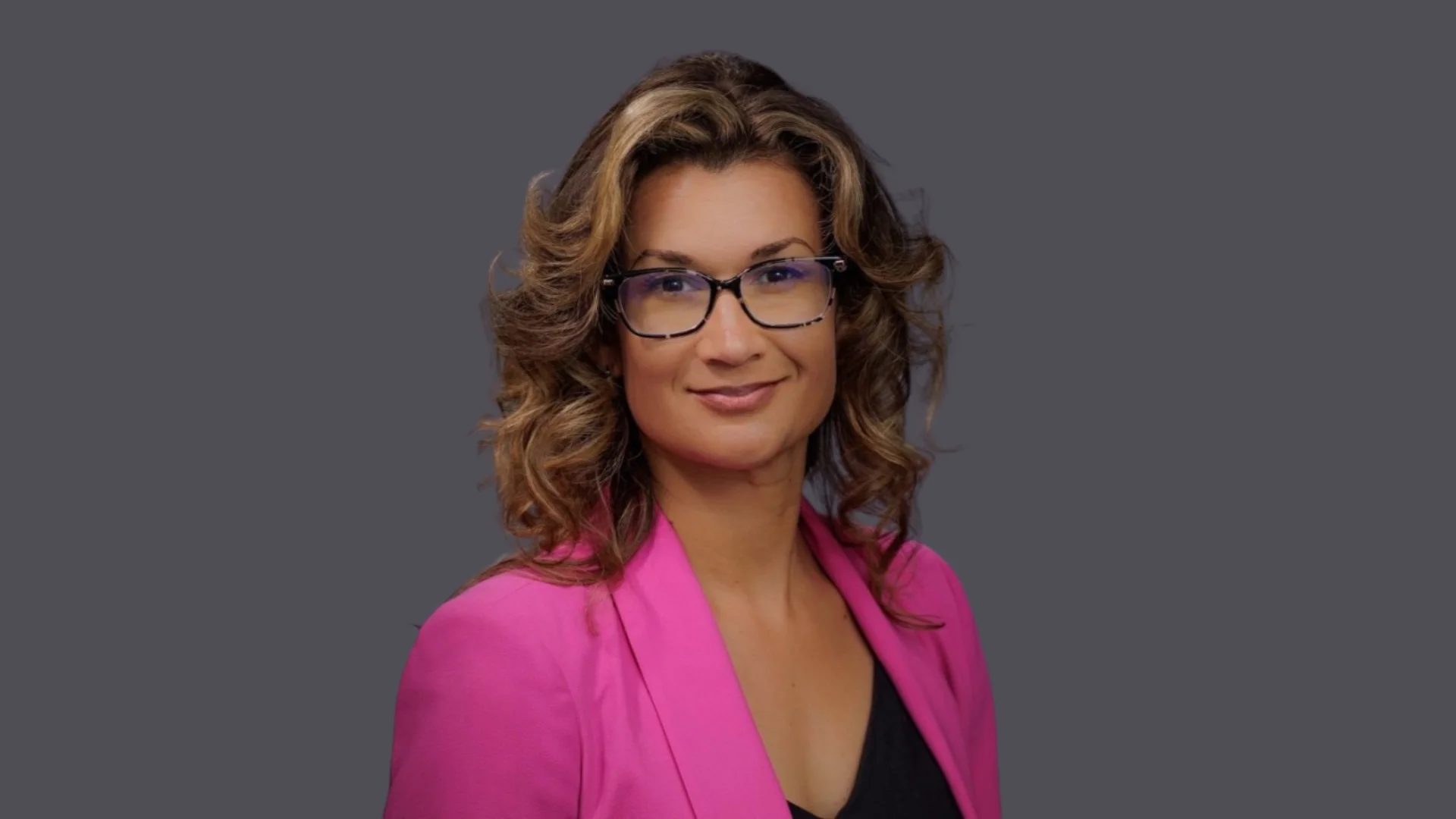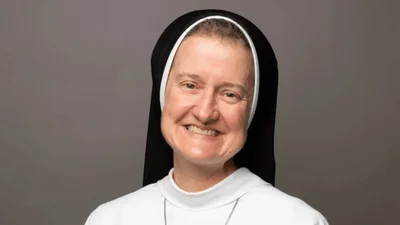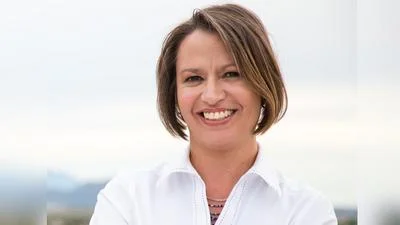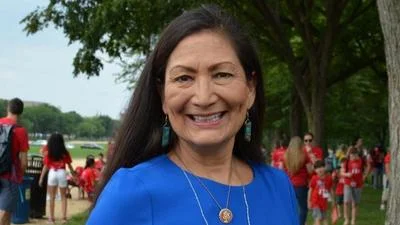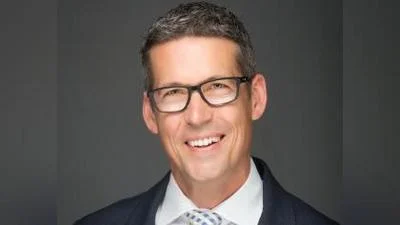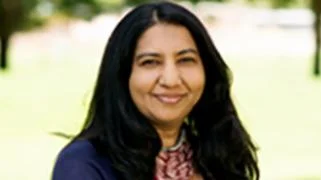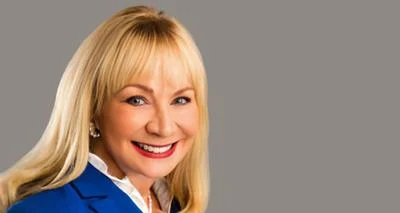Nicole Datrice Hill, MD, has joined the breast care team at the University of New Mexico Comprehensive Cancer Center. Hill, who is originally from San Diego, decided to pursue surgery after her mother was diagnosed with brain cancer during her transition from college to medical school.
“I looked at several things initially,” Hill said. “I had an interest in the FBI and I knew I always liked working with my hands. When I was in college and transitioning to medical school, my mom was diagnosed with brain cancer.”
Hill completed her medical degree and general surgery residency at the University of California, Irvine, followed by a two-year research and clinical oncology fellowship at the National Cancer Institute in Bethesda, Maryland.
Reflecting on her mother’s experience as a patient, Hill said, “She fortunately had a wonderful team of physicians at the University of California, San Diego. But I also saw that she got very nervous when she was speaking to physicians, particularly surgeons sometimes. She wouldn't always relay all the relevant information because she was, frankly, a little nervous talking to them, and I thought, ‘Gosh, wouldn't it be great if we had the combination of people who were very technically skilled but also personable and approachable?’ And I think that's really what planted the seed for me.”
Surgery appealed to Hill because it offers immediate results. “You get to fix a problem pretty quickly in most cases, and I really liked that and found it rewarding,” she said.
Her time at the National Cancer Institute shaped her focus on breast cancer care. “What I found particularly rewarding is that you get to meet someone in a very vulnerable period of their life when they've just received a diagnosis. And you're there with them to counsel them on the options, to walk them through their treatment,” Hill said. “In many cases with breast cancer, you get to see them go back to their everyday life.”
Hill noted that about one in eight women will be diagnosed with breast cancer in their lifetimes. She highlighted that advanced treatments such as targeted therapies and early detection have led to survivability rates exceeding 95 percent in many cases.
“Under the umbrella of systemic therapy, we now use targeted therapy and immunotherapy. We've been able to characterize these cancers better by looking at the genes expressed by these tumors,” Hill said. “And that allows us to make better, more informed recommendations in terms of the treatments that patients receive, all of which often allows for less invasive surgery and faster recovery.”
In some instances, targeted therapies can shrink tumors until they are undetectable, allowing for breast preservation and improved long-term prognosis.
Hill joined UNM Cancer Center after working in private practice in Albuquerque since 2021. She was drawn by the opportunity to collaborate with a team of experts at an NCI-designated Comprehensive Cancer Center.
“What the folks are doing here is a calling; the collaborative approach, and the commitment to elevating the level of cancer care for people of New Mexico,” she said.
On Saturday, October 18th, Dr. Hill will participate in the Lobos Love Pink Game at University Stadium. The event celebrates breast cancer survivors, recognizes patients currently undergoing treatment, and honors those who have died from the disease. Dr. Hill will represent the UNM Comprehensive Cancer Center during on-field activities.
“We’re a big sports family and we love football. My dad actually played professionally in Canada,” she said. “I’m really excited to go to my first UNM game and stand beside breast cancer survivors and represent my colleagues and the university.”
The Lobos Love Pink Game also serves as a reminder about the importance of early detection through mammograms.
“Breast cancer is not always going to be noticed by a lump. In fact, we would rather find it before it becomes a palpable lump,” Hill said. “Mammograms allow us to do that. Booking your mammogram, I know, is not the most fun thing to put on your calendar, but the earlier we can find something, the better patients do.”
